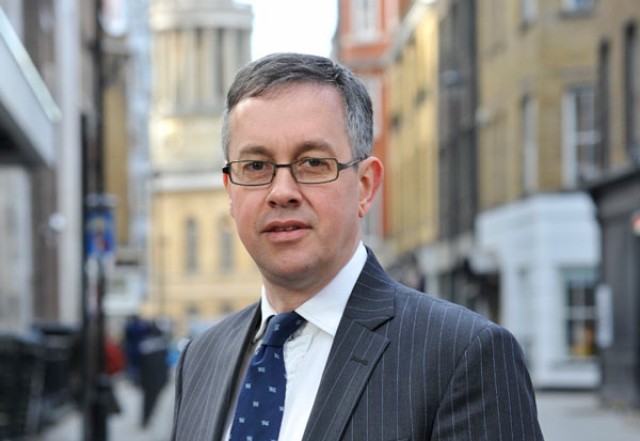On Sunday, Oct. 2 at 7:30 p.m., Mark Campanale will be presenting the lecture “Climate at the Crossroads: The Investor Role in Achieving a Low-Carbon Future” in the Goshen College Church-Chapel. The event is sponsored by Goshen College, Everence, and the Mennonite Education Association. While this event is not part of any lecture series, it is relevant to recent conversations about divestment at Goshen College.
Campanale could be called an expert in the relationship between economics and sustainability. He received his B.A. in politics and economic history and his M.Sc. in agricultural economies.Campanale is the founder and executive director of Carbon Tracker Initiative, which is a not-for-profit financial think tank that explores how the effects of climate change intersect with the trajectory of capital markets. The Carbon Tracker Initiative is responsible for advising policy makers, informing the public, and engaging investors with the research on economic sustainability. Campanale’s work with the organization involves strategizing, managing board matters and analyzing framework for global capital markets.
Campanale started the Carbon Tracker Initiative after 25 years working for other finance and sustainability projects including the World Business Council for Sustainable Development and the Steering Committee for the United Nations Environment Programme Financial Sector. He has also founded various funds for responsible investment in the UK.
In a 2013 report, Campanale introduced the economic concept of “unburnable carbon,” referring to a certain amount of carbon that cannot be burned in order to assure stability in both global markets and the environment. The Carbon Tracking Initiative cites this idea as crucial to their goals, which resemble objectives set by the United Nations for curbing climate change.
The U.N.’s standards are based on the scientific findings that the global climate will reach a breaking point if carbon emissions add 2˚C to the atmospheric temperature. If all carbon products available to humans today were to be burned in the near future, this limit would be exceeded.
In his lecture, Campanale will be discussing some of these global issues. He will also be calling on his sustainable investing experience to more specifically address divestment from fossil fuels in higher education institutions like Goshen College. The event will further the conversations initiated by GC Divest and the EcoPAX environmental club on campus, both of which have articulated concerns about how the school invests.
On Monday, Oct. 3 at 10 a.m. in the Center for Intercultural and International Education, Campanale will hold a forum with Cecilia Lapp-Stoltzfus and Hannah Yoder, EcoPAX student leaders. Lapp-Stoltzfus, a senior, and Yoder, a junior, engaged in research about divestment at GC over the summer. They will be presenting some of their findings with feedback from Campanale.
Both events on Sunday and Monday are free and open to the public.


